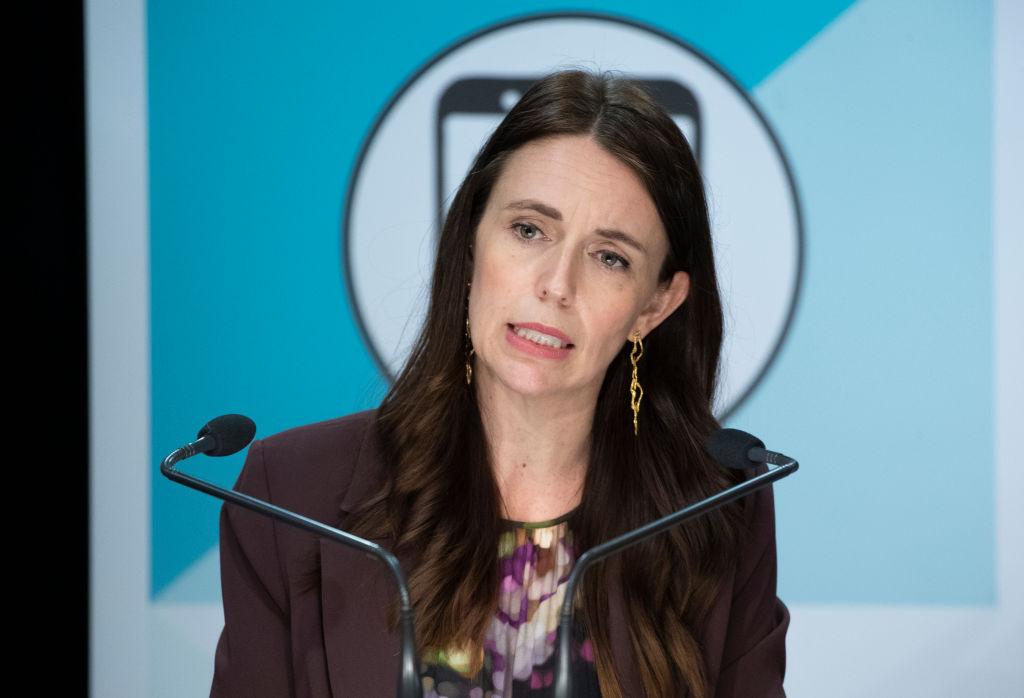New Zealand (NZ) will send troops and police to assist Australian, Papua New Guinean, and Fijian forces on the ground of the Solomon Islands, where rioting has left three people dead and several buildings burned to the ground.
NZ Prime Minister Jacinda Ardern said the government was “deeply concerned” by the civil unrest in the capital of the Solomon Islands, Honiara, and agreed to dispatch its forces after a request from Prime Minister Manasseh Sogavare.





